What is the harm and benefits of hydroponics
Why do you need hydroponics?
The scale of the ecological disaster is appalling. Over the course of several centuries, people have managed to kill what has been created for millennia. And if earlier hydroponics was forgotten precisely due to the conquest of fertile lands, now it is reviving due to the death of these very lands. The soil absorbs more and more harmful substances - products of industrial processing, which are helpfully supplied to her by her own pet - a man.
Although there are certainly other reasons for hydroponics to return. For example, its profitability. Indeed, much more harvest appears in old areas, because all the substances necessary for the plant come to it in the promised volumes, without errors due to absorption into the soil or evaporation, without causing harm when fighting pests, and the smaller size of the roots saves space.
How it works?
Hydroponics implies the creation of conditions favorable for the development of roots. For this, constant and proper nutrition of the roots is organized, their constant contact with air, a combination of all optimal abiotic factors, such as humidity, temperature, is created. The plant itself is placed on a special grid in the substrate layer. The mesh is on a container filled with nutrient solution. It is in this container that the roots are located.
The substrate can be vermiculite, peat, moss, expanded clay. A nutrient is usually a solution of chemical salts in water. Yes, after reading the word chemical, everyone immediately decides that hydroponics is a new way to cheat consumers and profit from them. Truly pesticides, additives, GMOs. All this scared people so much that now everything connected with chemistry makes them habitually roll their eyes and, fearing for their health, stop using this method or product. Is it so dangerous hydroponics?
The benefits and harms of hydroponics
To begin with, it is still worth considering the benefits of this method. Firstly, when using hydroponics, you can be confident in the rapid growth and high yield of any plant variety. For they receive all the necessary nutrients in sufficient quantity and available form.
Secondly, again, saving space due to small roots. This is due to banal biology: the roots do not need to survive - the extraction of minerals and water from the soil, everything is provided here, respectively, there is no need to grow deeper.
Third, huge water savings. Due to the fact that it is not absorbed by the soil and does not evaporate, water is completely consumed to meet the needs of plants. In addition, due to the lack of soil, there are no dangerous rodents, pests and other unnecessary animals. This saves plants not only from extermination, but also from microbes, pathogenic bacteria.
The undoubted advantage is the non-seasonal nature of this method. It is used in greenhouses, which means that neither cold, nor heat, nor drought is anything to him.
In addition, a colossal number of crops grows in a small area. We must not forget about the environmental friendliness of hydroponics. Yes, it's environmental friendliness. The word "chemistry" should not scare farmers so much, after all, all people are organic compounds, and plants too.
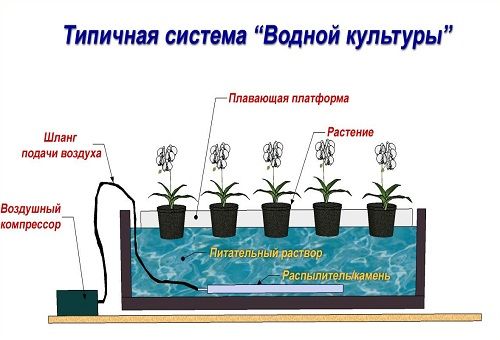
The substrate can be coconut fiber, completely natural. And, by the way, the industry that has crept into most of the reservoirs, saturated a huge area of fertile soil and already filled all the free oxygen in the air, will not be able to come close to the plants grown using hydroponics in greenhouses.
Thus, hydroponics saves water and nutrients while maximizing yields.
However, the minus is certainly obvious. This is the harm of products grown in this way, due to their saturation with nitrates. Most of the nitrates can be removed, and this is easy enough, but will all farmers do this ?! Hardly. Moreover, many of them are so unscrupulous that they use chemicals worse than nitrates.
In general, this is the harm done by hydroponics. It cannot be compared with benefits. Considering that this harm is caused not by the method itself, but by people, making modifications for their own benefit.
What is truth and what is false?
Everything that only exists in the world is subjected not only to criticism, but also to the test of popular rumor, which is far from always true. The most common judgments about hydroponics are:
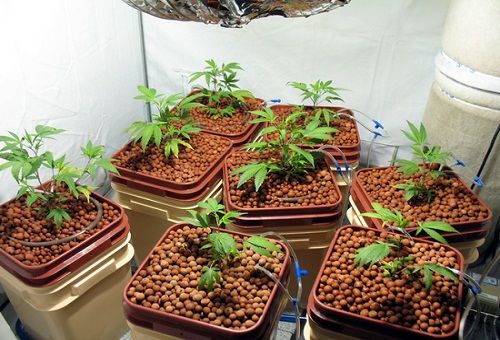
- Anti-natural.
- Harms the biosphere.
- Too complicated.
- Expensive.
- A narrow circle of distribution.
- Has a criminal character.
In fact, plants don't care if they are in soil or in water. The main thing is that minerals and water come in. Therefore, the myth of anti-naturalness has been refuted. It is even easier to refute the second statement. It was mentioned earlier that hydroponics is environmentally friendly, as it saves water and has absolutely no harmful waste. It's not even worth talking about the complexity and high cost - this technology is so simple. For a start, a piece of styrofoam and a bathtub are enough, easy and quite cheap, right? And the distribution, to put it mildly, is rather big.
In British Columbia alone, 90% of all greenhouses are hydroponically operated. Unfortunately, hydroponics is indeed used for criminal purposes - it is very easy to grow cannabis in this way unnoticed, and its harm is certainly great. However, isn't it more important that hydroponics can feed the whole world?
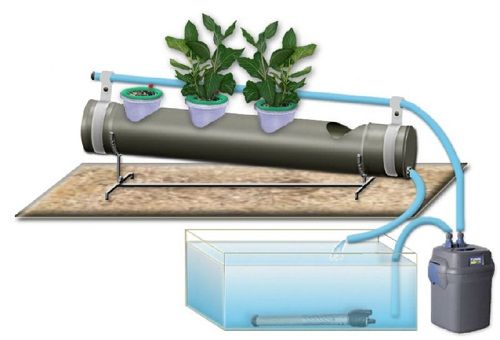
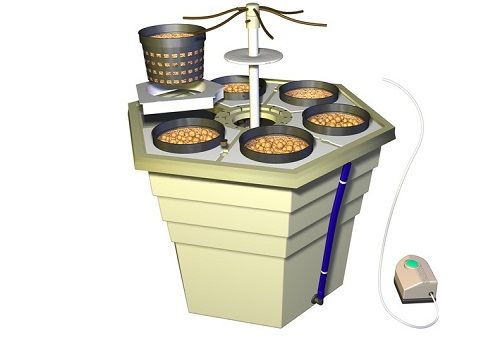
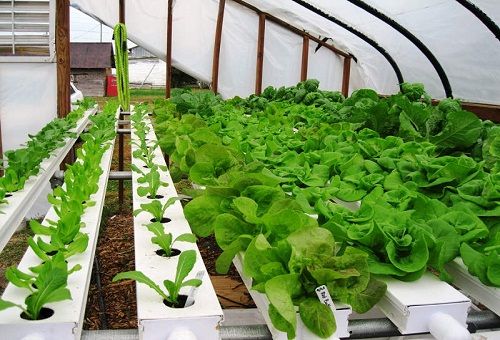
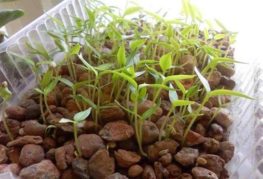
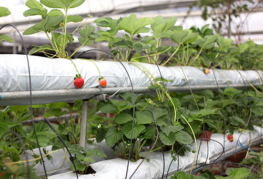
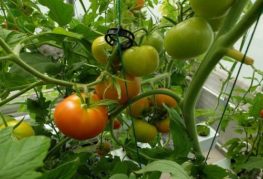
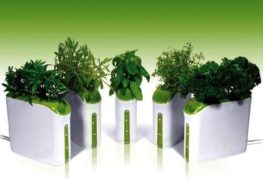
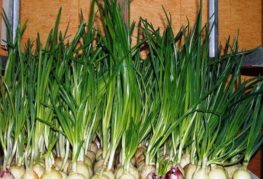
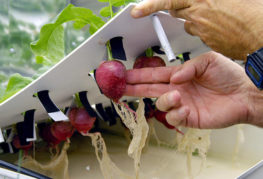
Vegetables grown on "natural" and "organic" compost and manure contain much more nitrates than vegetables grown hydroponically with certified fertilizers.